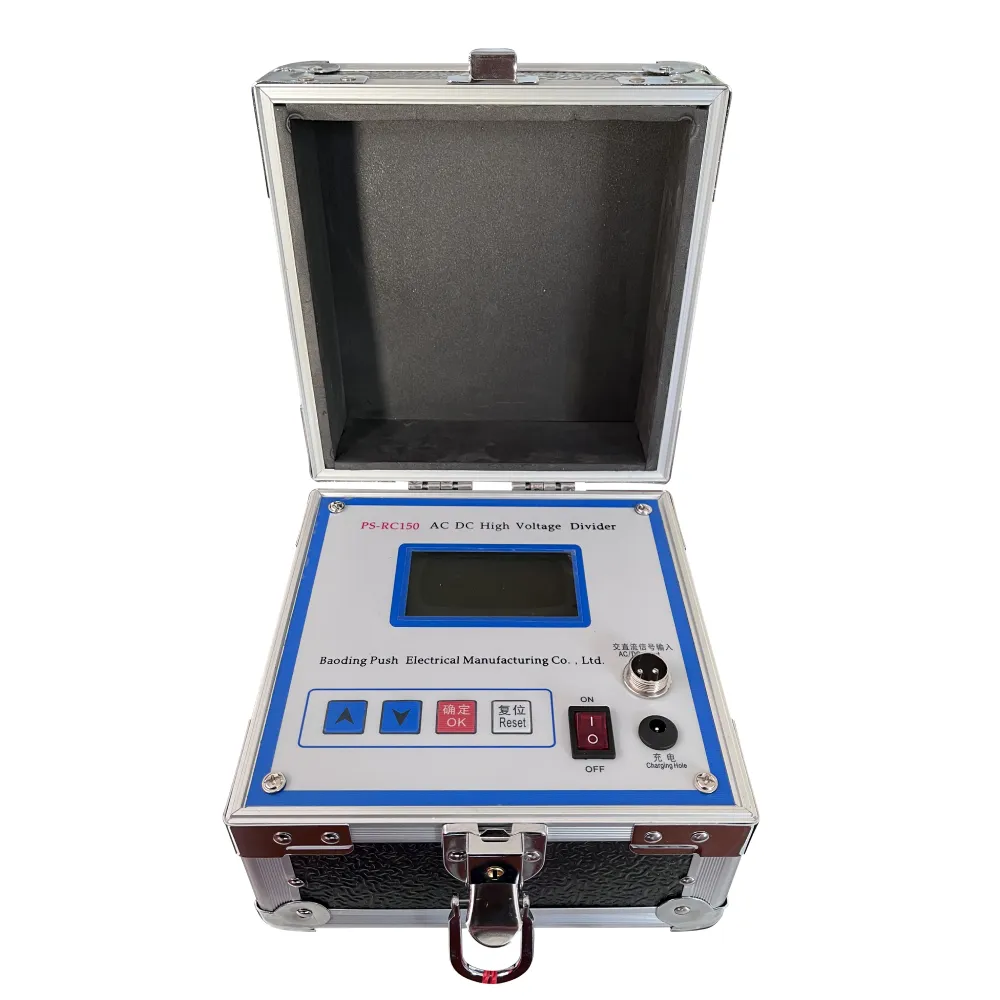 English
English



-
 Afrikaans
Afrikaans -
 Albanian
Albanian -
 Amharic
Amharic -
 Arabic
Arabic -
 Armenian
Armenian -
 Azerbaijani
Azerbaijani -
 Basque
Basque -
 Belarusian
Belarusian -
 Bengali
Bengali -
 Bosnian
Bosnian -
 Bulgarian
Bulgarian -
 Catalan
Catalan -
 Cebuano
Cebuano -
 China
China -
 China (Taiwan)
China (Taiwan) -
 Corsican
Corsican -
 Croatian
Croatian -
 Czech
Czech -
 Danish
Danish -
 Dutch
Dutch -
 English
English -
 Esperanto
Esperanto -
 Estonian
Estonian -
 Finnish
Finnish -
 French
French -
 Frisian
Frisian -
 Galician
Galician -
 Georgian
Georgian -
 German
German -
 Greek
Greek -
 Gujarati
Gujarati -
 Haitian Creole
Haitian Creole -
 hausa
hausa -
 hawaiian
hawaiian -
 Hebrew
Hebrew -
 Hindi
Hindi -
 Miao
Miao -
 Hungarian
Hungarian -
 Icelandic
Icelandic -
 igbo
igbo -
 Indonesian
Indonesian -
 irish
irish -
 Italian
Italian -
 Japanese
Japanese -
 Javanese
Javanese -
 Kannada
Kannada -
 kazakh
kazakh -
 Khmer
Khmer -
 Rwandese
Rwandese -
 Korean
Korean -
 Kurdish
Kurdish -
 Kyrgyz
Kyrgyz -
 Lao
Lao -
 Latin
Latin -
 Latvian
Latvian -
 Lithuanian
Lithuanian -
 Luxembourgish
Luxembourgish -
 Macedonian
Macedonian -
 Malgashi
Malgashi -
 Malay
Malay -
 Malayalam
Malayalam -
 Maltese
Maltese -
 Maori
Maori -
 Marathi
Marathi -
 Mongolian
Mongolian -
 Myanmar
Myanmar -
 Nepali
Nepali -
 Norwegian
Norwegian -
 Norwegian
Norwegian -
 Occitan
Occitan -
 Pashto
Pashto -
 Persian
Persian -
 Polish
Polish -
 Portuguese
Portuguese -
 Punjabi
Punjabi -
 Romanian
Romanian -
 Russian
Russian -
 Samoan
Samoan -
 Scottish Gaelic
Scottish Gaelic -
 Serbian
Serbian -
 Sesotho
Sesotho -
 Shona
Shona -
 Sindhi
Sindhi -
 Sinhala
Sinhala -
 Slovak
Slovak -
 Slovenian
Slovenian -
 Somali
Somali -
 Spanish
Spanish -
 Sundanese
Sundanese -
 Swahili
Swahili -
 Swedish
Swedish -
 Tagalog
Tagalog -
 Tajik
Tajik -
 Tamil
Tamil -
 Tatar
Tatar -
 Telugu
Telugu -
 Thai
Thai -
 Turkish
Turkish -
 Turkmen
Turkmen -
 Ukrainian
Ukrainian -
 Urdu
Urdu -
 Uighur
Uighur -
 Uzbek
Uzbek -
 Vietnamese
Vietnamese -
 Welsh
Welsh -
 Bantu
Bantu -
 Yiddish
Yiddish -
 Yoruba
Yoruba -
 Zulu
Zulu
oil dielectric strength test
The Importance of Oil Dielectric Strength Testing
In many industrial applications, particularly in the electrical and power sectors, the reliability and safety of insulating materials are paramount. One crucial aspect of these materials is their dielectric strength, which refers to their ability to withstand electrical stress without breaking down. Among various insulating materials, oil—specifically mineral oil—plays a vital role, especially in high-voltage equipment like transformers and capacitors. Therefore, oil dielectric strength testing is essential to ensure the performance and safety of these systems.
The dielectric strength of oil is measured by subjecting it to an electric field until it breaks down, leading to a rapid discharge. This characteristic is fundamental because, during operation, insulating oils face various stressors such as thermal variations, moisture, and contaminants that can degrade their properties. Regular testing helps detect potential breakdowns, ensuring the longevity and reliability of electrical systems.
The testing process typically follows established standards, such as ASTM D1816, which outlines the methods for measuring the dielectric strength of insulating liquids. The most common test involves placing a sample of oil between two electrodes and increasing the voltage until a spark occurs. The result is recorded in kilovolts (kV) and indicates the maximum voltage the oil can endure before failing. Generally speaking, a higher dielectric strength signifies better insulating properties and improved protection against electrical breakdown.
oil dielectric strength test

In addition to the basic dielectric strength test, operators often examine the oil for factors like contamination and moisture content. These factors can significantly affect the dielectric properties of the oil. For instance, the presence of water can reduce the dielectric strength dramatically, increasing the risk of electrical failure. Thus, conducting a complete assessment, including tests for acidity, dissolved gases, and particle contamination, contributes to a comprehensive understanding of the oil's condition.
Moreover, dielectric strength testing of oil should not be a one-time activity. Regular monitoring is critical, particularly in applications involving high voltages. Many organizations implement scheduled testing as part of their maintenance programs to preempt electrical failures. By continuously monitoring dielectric strength, operators can identify potential issues before they escalate, allowing for timely intervention and reducing the risk of equipment failure.
Furthermore, advancements in technology have enabled newer methods of testing, such as online monitoring systems. These systems use sensors to continuously evaluate the dielectric properties of oil in real-time, providing immediate feedback and allowing for a proactive approach to maintenance. This innovation minimizes downtime and enhances safety, especially in critical applications.
In summary, oil dielectric strength testing serves as a cornerstone of electrical safety and maintenance in industrial settings. It empowers operators to make informed decisions regarding the status of insulating materials, ensuring the longevity and efficiency of electrical systems. Considering the crucial role of insulating oil in preventing electrical failures, investing in regular dielectric strength tests is not merely prudent; it is essential for safe and reliable operation.
-
Ensuring Transformer Reliability with High-Precision Turns Ratio TestingNewsJul.18,2025
-
Ensuring SF₆ Gas Safety: Introducing PUSH’s Integrated SF₆ Analyzer for Dew Point, Purity, and Decomposition MonitoringNewsJul.10,2025
-
Exploring the Main Types of Industrial Endoscopes and Their Applications Across IndustriesNewsJul.04,2025
-
Testing Equipment Industry Sees Major Advancements in 2025: Smart & Precision Technologies Lead the WayNewsJun.06,2025
-
Applications of Direct Current Generators in Renewable Energy SystemsNewsJun.05,2025
-
Hipot Tester Calibration and Accuracy GuidelinesNewsJun.05,2025



